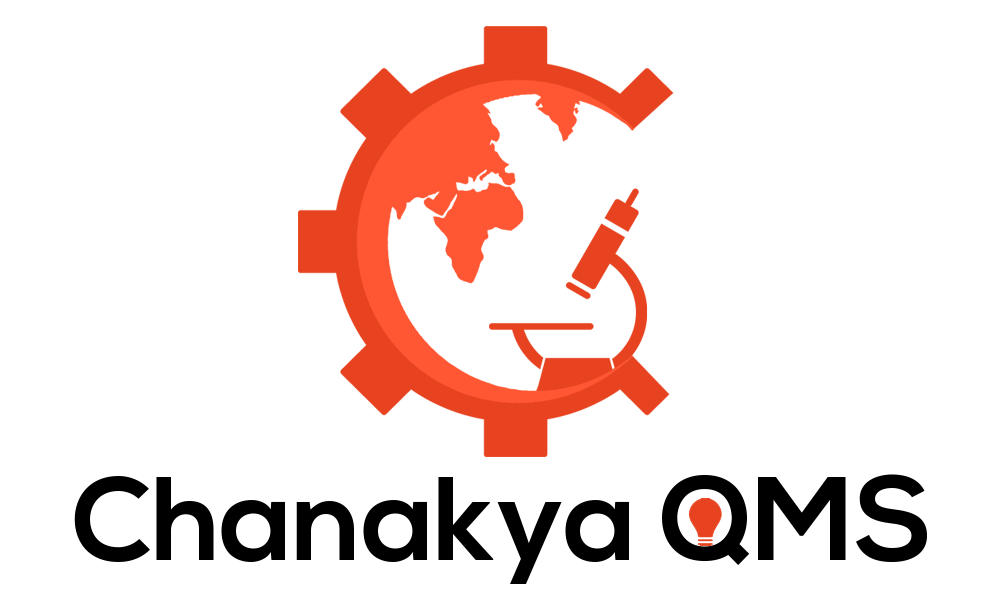Unpacking the Compulsory Registration Scheme (CRS): Your Guide to Safer Electronics in India
Ever stopped to consider the silent guardians of your daily life? From the trusty phone in your hand to the whirring refrigerator keeping your food fresh, electronics play a crucial role in our modern world. But have you ever wondered how we can be sure these products are safe and reliable? Enter the Compulsory Registration Scheme (CRS), a vital initiative by the Bureau of Indian Standards (BIS) that acts as a shield for Indian consumers. In this comprehensive blog, we’ll delve into the world of CRS, exploring its significance, its impact on you, and how Chanakya QMS can be your trusted partner in navigating this essential process.
The Genesis of Safety: Why CRS Matters
Imagine a world where electrical appliances malfunctioned easily, posing a constant threat. The CRS exists to prevent such a scenario. It’s a mandatory program that ensures specific electronic and consumer products adhere to pre-defined safety and quality standards set by the BIS. This translates to a robust system where manufacturers must register their products with BIS before they can be manufactured, imported, sold, or distributed within India.
The Power of Protection: Benefits of CRS for Consumers
As a consumer, the CRS directly impacts your well-being. Here’s how:
- Enhanced Safety: Think of the countless electronic devices we use daily – phones, laptops, chargers, even the ever-present power banks. Faulty products can pose serious risks, from electrical shocks to overheating and fires. The CRS acts as a safety net, ensuring these products undergo rigorous testing to meet essential safety benchmarks. This translates to a significant reduction in the risk of accidents and injuries, fostering a safer environment for everyone.
- Improved Quality: The CRS doesn’t just focus on safety; it also ensures quality. By undergoing stringent testing procedures, manufacturers are held accountable for delivering products that meet specific performance and durability criteria. This translates to electronics that last longer, function better, and ultimately provide greater value for your money.
- Informed Choices: The presence of the BIS Standard Mark on a product acts as a badge of honor, signifying its compliance with CRS regulations. This empowers you, the consumer, to make informed choices when purchasing electronic goods. You can have greater confidence knowing that products bearing this mark have been thoroughly vetted for safety and quality.
A Spectrum of Protection: Products Covered Under CRS
The CRS encompasses a wide range of products, and the list keeps evolving to reflect the ever-changing technological landscape. Here are some common categories you might encounter:
- Telecommunication Equipment: Mobile phones, chargers, and other communication devices fall under this category.
- Information Technology Equipment: Computers, laptops, printers, scanners, and other IT peripherals are covered by CRS.
- Electrical Appliances: From the ubiquitous iron and toaster to more specialized equipment like microwaves and food processors, the CRS ensures their safety and proper functioning.
- Lighting Equipment: LED displays, televisions, and other lighting products are included in the CRS framework.
- Renewable Energy Products: Solar panels, inverters, and other components used in solar energy systems require CRS registration.
The CRS Maze: Navigating the Process
The CRS process involves several key steps:
- Government Notification: The government issues a notification specifying the product categories that must comply with CRS registration.
- Manufacturer Registration: Manufacturers must apply to BIS for registration. This involves submitting detailed product information and getting the products tested at laboratories approved by BIS.
- Testing and Certification: If the products successfully meet the required standards, BIS issues a registration certificate and grants permission to use the coveted Standard Mark.
- Market Surveillance: BIS conducts regular checks to ensure manufacturers continue to adhere to the CRS regulations.
Your Partner in Safety: How Chanakya QMS Can Help
While the CRS is crucial, navigating its intricacies can be a daunting task, especially for first-time applicants. This is where Chanakya QMS steps in as your trusted ally. We are a leading provider of Quality Management Services (QMS) with a proven track record of guiding companies through the CRS process seamlessly. Our team of experts is here to help you with:
- Decoding the CRS: We’ll help you understand the specific CRS requirements applicable to your product category, ensuring you focus on the right aspects.
- Lab Liaison: Selecting and coordinating with BIS-approved testing labs can be a complex process. We’ll take care of this aspect, streamlining the communication and ensuring a smooth testing experience.
- Application Expertise: Our team boasts extensive experience in preparing and submitting CRS registration applications to BIS. We’ll handle the documentation and ensure your application is complete and compliant.
- Ongoing Support: We understand that navigating regulations can raise questions. Our team is readily
